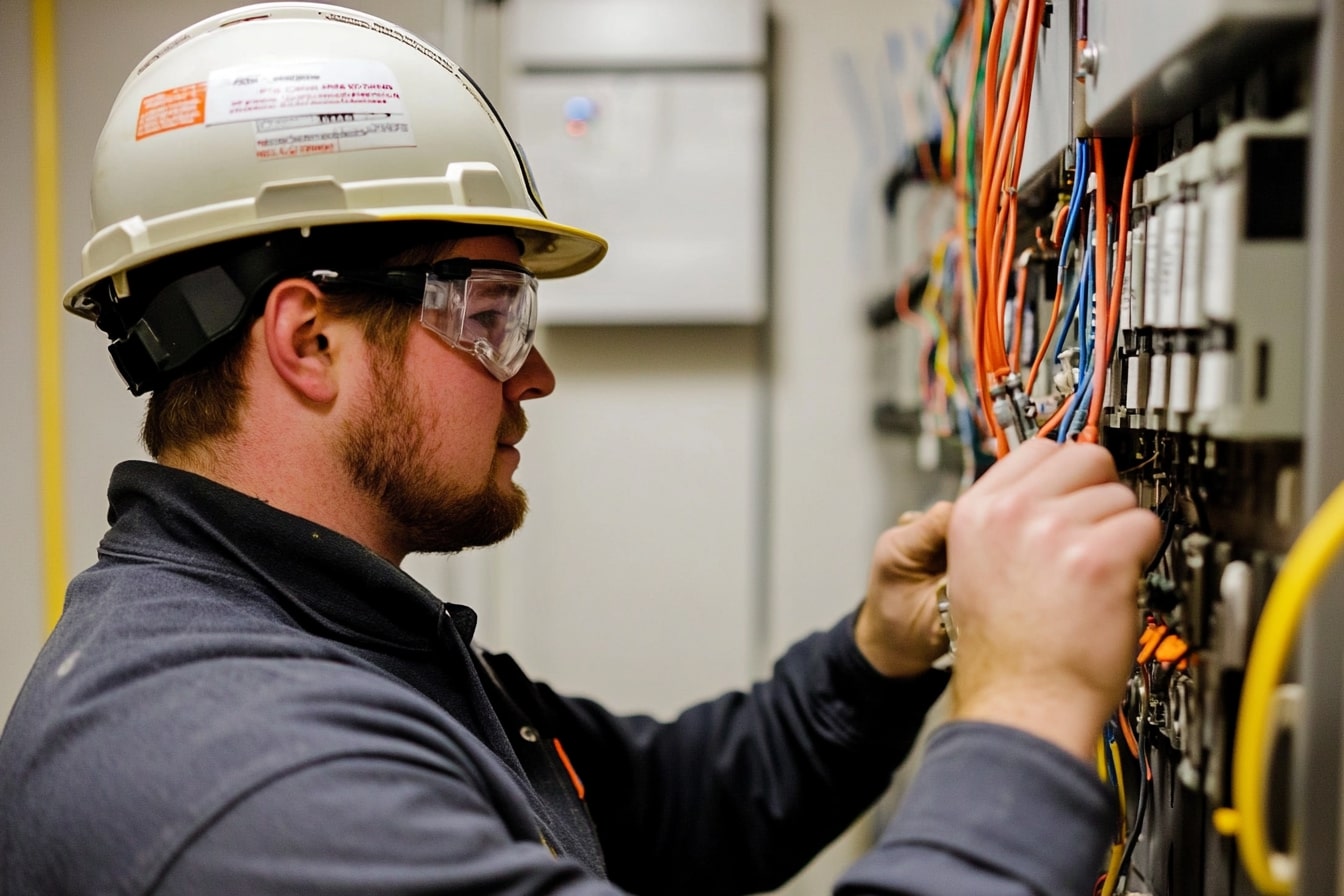Maintenance Technician Careers: Focus on Elevator Technicians
Elevator technician training prepares individuals to install, maintain, and repair elevators, escalators, and lifts. Programs often include classroom instruction, apprenticeships, and certification requirements. Safety knowledge and technical skills are essential in this field.

What does an elevator technician do?
Elevator technicians, also known as elevator mechanics or installers, are responsible for installing, maintaining, and repairing elevators, escalators, and other vertical transportation systems. Their duties typically include:
-
Installing new elevator systems in buildings
-
Performing regular maintenance checks on existing elevators
-
Troubleshooting and repairing malfunctioning elevator components
-
Ensuring elevators meet safety standards and building codes
-
Updating older elevator systems with newer technology
These professionals work in a variety of settings, including residential buildings, commercial offices, hospitals, and industrial facilities.
How does one become an elevator technician?
Becoming an elevator technician usually involves a combination of education and hands-on training. While specific requirements may vary by location and employer, the typical path includes:
-
High school diploma or equivalent
-
Completion of an apprenticeship program (usually 4-5 years)
-
On-the-job training under experienced technicians
-
Obtaining necessary certifications and licenses
Apprenticeship programs often combine classroom instruction with paid on-the-job experience. These programs cover topics such as electrical theory, hydraulics, safety procedures, and blueprint reading.
What skills are needed for elevator technician work?
Successful elevator technicians possess a combination of technical knowledge and practical skills. Some key abilities include:
-
Mechanical aptitude and problem-solving skills
-
Electrical and electronic systems understanding
-
Physical stamina and comfort working at heights
-
Attention to detail and safety consciousness
-
Strong communication skills for interacting with clients and team members
-
Ability to read and interpret technical diagrams and schematics
Continuous learning is also important in this field, as elevator technology continues to evolve.
What is the job outlook for elevator technicians?
The job outlook for elevator technicians can vary depending on economic conditions and construction activity. However, the need for elevator maintenance and repair is generally consistent, as existing systems require ongoing care.
Factors that may influence job prospects include:
-
New building construction rates in urban areas
-
Modernization projects for older elevator systems
-
Adoption of new elevator technologies
-
Local and national building codes and safety regulations
It’s important to note that specific job availability can fluctuate, and individuals interested in this career should research current conditions in their area.
How does elevator technician training differ from general maintenance technician training?
While there is some overlap in skills, elevator technician training is more specialized than general maintenance technician training. Key differences include:
-
Focus on vertical transportation systems
-
In-depth study of elevator-specific components and technologies
-
Emphasis on safety protocols for working in elevator shafts
-
Training in hydraulic and traction elevator systems
-
Familiarity with elevator-related building codes and regulations
General maintenance technicians may have broader knowledge across various systems, while elevator technicians develop deep expertise in their specific field.
What are the potential career advancement opportunities for elevator technicians?
Experienced elevator technicians may have several paths for career advancement:
-
Supervisory roles, overseeing teams of technicians
-
Specialization in specific types of elevators or advanced systems
-
Moving into elevator design or engineering roles
-
Starting their own elevator service companies
-
Transitioning to elevator inspector positions
-
Teaching or training roles in apprenticeship programs
Advancement often depends on a combination of experience, additional certifications, and ongoing education in the field.
In conclusion, a career as an elevator technician offers a specialized path within the broader field of maintenance technology. It requires dedicated training, a strong focus on safety, and ongoing skill development. While job prospects can vary, the essential nature of elevator systems in modern buildings suggests a continuing need for skilled professionals in this area.




